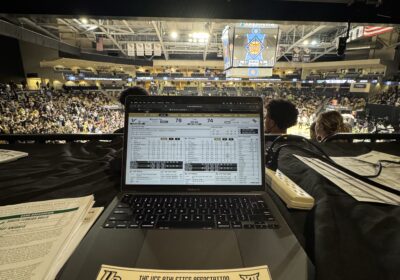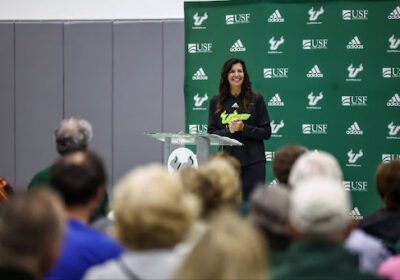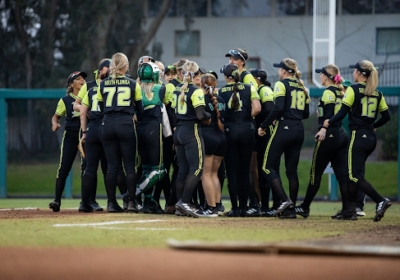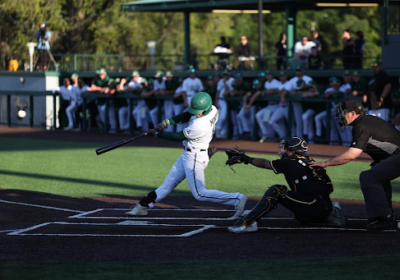NCAA board supports plan for student-athlete endorsements
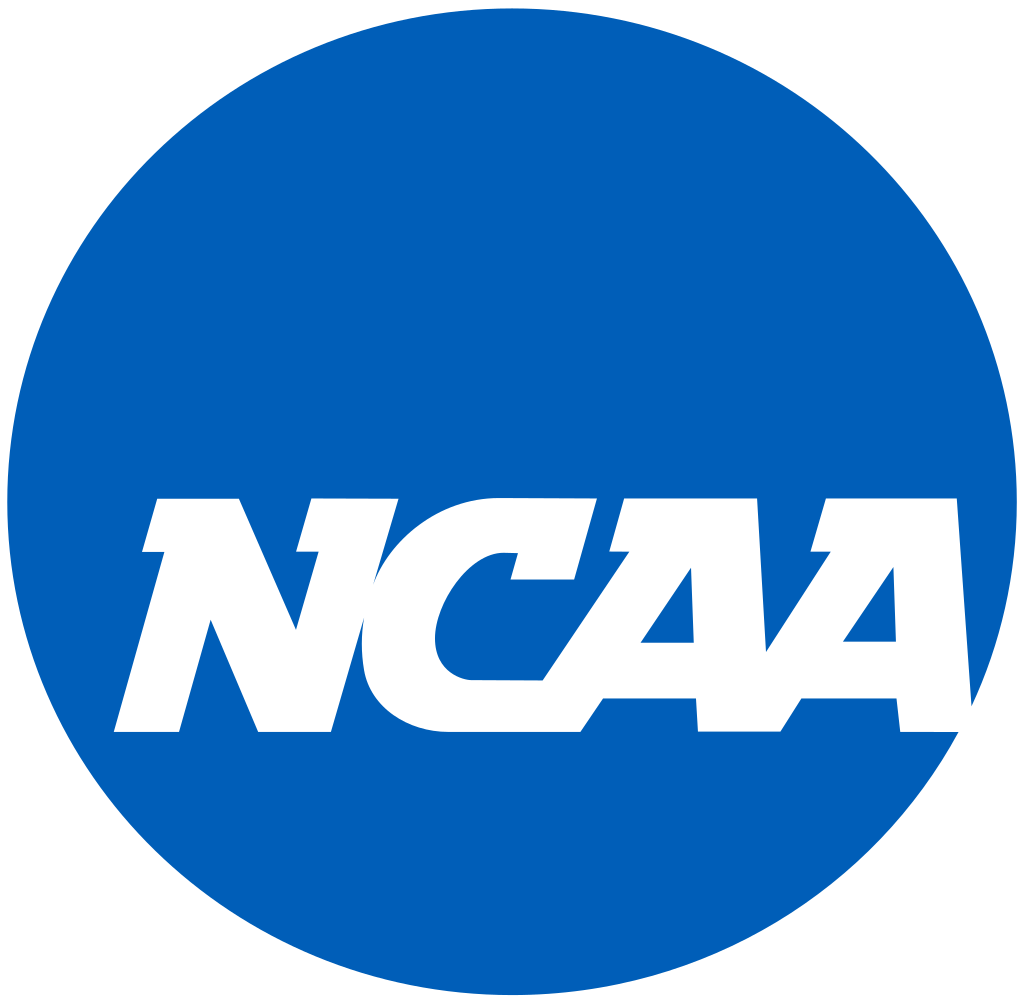
College athletes are closer to being able to benefit from their likenesses.
The NCAA announced Wednesday that its top governing body, the Board of Governors, supports a plan to allow athletes to sign endorsement deals, receive payment for other work and generally experience the same economic freedom as other students without involvement from the institution.
This is the most recent development since the Board of Directors unanimously voted to permit student-athletes the opportunity to benefit from their name and image back in October.
The plan is moving forward, with the Board of Governors instructing all three NCAA divisions to draft a specific plan to adopt new legislation. A vote on proposed rule changes by NCAA members is scheduled for January.
The plan is to have new legislation in place ahead of the 2021-22 academic year.
Recommendations put forth by Ohio State athletic director Gene Smith and Big East Commissioner Val Ackerman were reviewed by the board earlier this week.
Smith and Ackerman’s recommendations proposed student-athletes be able to sign third-party endorsement deals, which include any sponsorships as long as they didn’t involve a school or directly result in an institution paying an athlete directly.
Because the proposal is unprecedented, any legislation changes are being handled carefully.
“Throughout our efforts to enhance support for college athletes, the NCAA has relied upon considerable feedback from and the engagement of our members, including numerous student-athletes, from all three divisions,” Michael V. Drake, chair of the board and president of Ohio State, said in a statement. “Allowing promotions and third-party endorsements is uncharted territory.”
State lawmakers in California already passed legislation that would prohibit the NCAA from barring student-athletes from making money on third-party endorsements. Multiple states, including Florida, followed California’s lead, putting pressure on the NCAA to respond with a national standard.
The announcement also comes at a time where top student-athletes are finding viable options other than the NCAA.
The NBA G League has made news in recent weeks after securing three five-star recruits from the 2020 class, including No. 1 prospect Jalen Green. The G League’s affiliation with the NBA means it can offer the most direct path to the pros, something that attracts young, highly-touted talent.
“I think it was the right thing for me because it was a family thing and a myself thing,” five-star recruit Daishen Nix told the Los Angeles Times. “Playing in G League is basically getting me ready for the NBA draft. It’s just one step below the NBA.”
Nix decommitted from UCLA on Tuesday to follow the G League pathway program.
The NCAA’s announcement is in no way directly tied to the G League’s recent actions, but it could mark a potential turning point for both developmental leagues and collegiate sports organizations.

